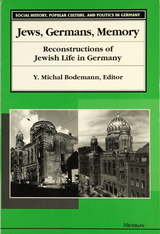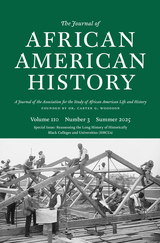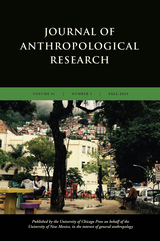

This volume contains the published contributions of one of the founders of modern logic and America’s greatest logical genius. It is not only of historical but of contemporary interest because of its many acute discussions of fundamental logical problems. To assist the general reader, the editors have prefixed to the text a selected list of important topics and have provided many footnotes and an exhaustive index.
The present, the longest volume of the series of Peirce’s Collected Papers, reveals most clearly his stature as a logician and a student of the foundations of mathematics. It includes not only some striking anticipations of recent work in logic and the foundations of mathematics but also a number of vital contributions to these subjects as now understood. In addition there is an entirely original treatment of logical diagrams which makes possible a detailed analysis of the process of reasoning and provides the link between modern logic and Peirce’s conception of pragmatism. It is the most advanced and important of the volumes on exact logic.


As Daniel A. Dombrowski explains, Hartshorne advanced a neoclassical or process theism that contrasted with the "classical" theism defended by traditionalist Jews, Christians, and Muslim believers. His conception of God was dipolar, which could attribute to God certain qualities that traditionalists would exclude. For example, in Hartshorne's view, God can embrace excellent aspects of both activity and passivity, or of permanence and change; classical theists, on the other hand, exclude passivity and change from their conceptions.
Dombrowski goes on to explain the ramifications of Hartshorne's view of God for aesthetics, which for him had both broad and narrow meanings: all sensory feeling or sensation, in the broad sense, and a disciplined feeling for beauty, in the narrow sense. Included are discussions on Hartshorne's famous appreciation for the aesthetics of bird song; his view of beauty as a mean between two sets of extremes; his idea of the aesthetic attitude, which concentrates on values that are intrinsic and immediately felt; and the place of death in his aesthetics, in which the value of our lives consists in the beauty or intensity of experience that we contribute to the divine life.
Filling an important gap in our understanding of Hartshorne, Divine Beauty also makes a persuasive case for the superiority of his neoclassical theism over classical theism.
READERS
Browse our collection.
PUBLISHERS
See BiblioVault's publisher services.
STUDENT SERVICES
Files for college accessibility offices.
UChicago Accessibility Resources
home | accessibility | search | about | contact us
BiblioVault ® 2001 - 2025
The University of Chicago Press









